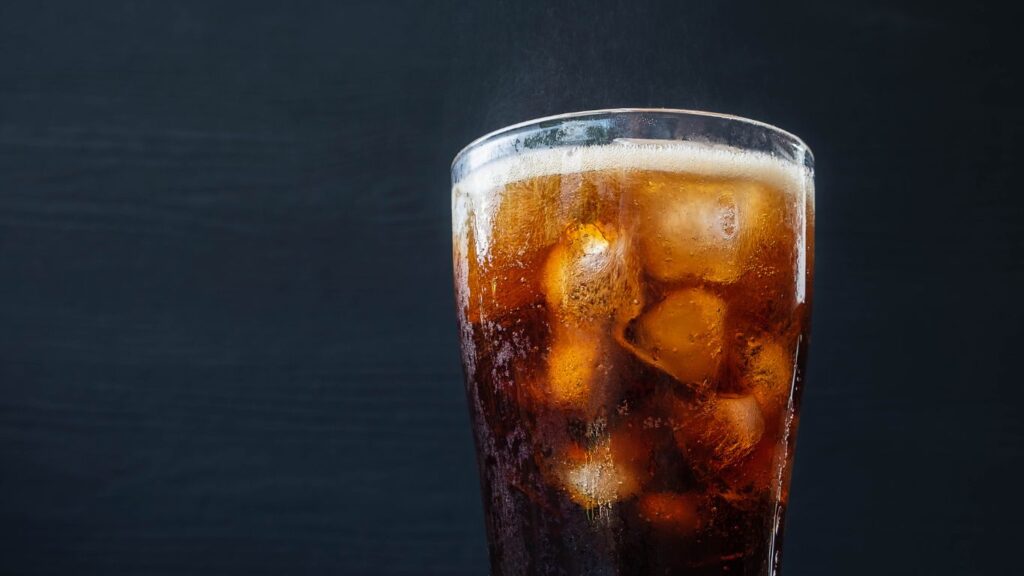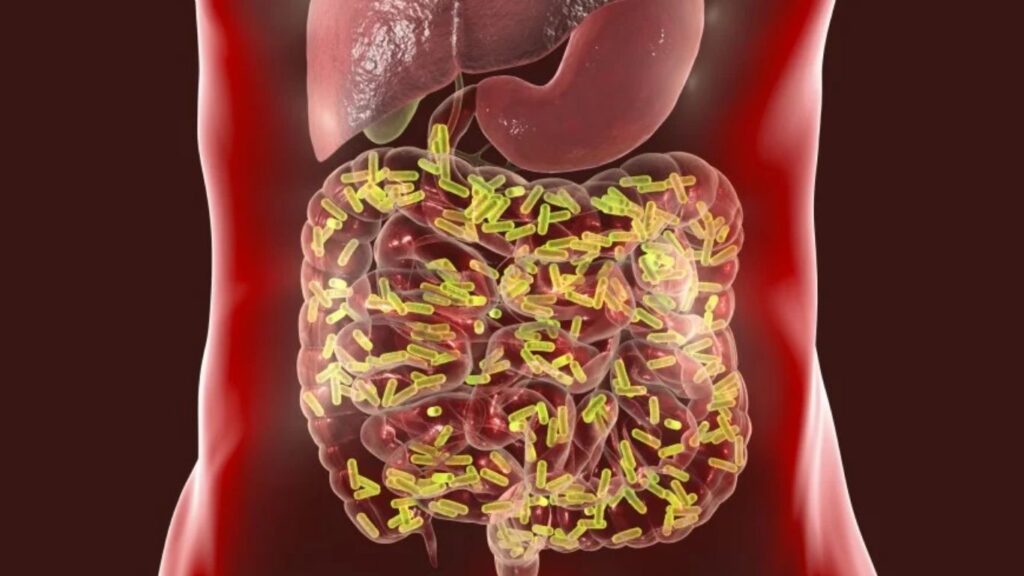Gas and acidity are common digestive issues that affect millions of people worldwide. Often uncomfortable and sometimes painful, these conditions can disrupt our daily lives and make us feel uneasy. While occasional gas and acidity can be normal, frequent episodes could signal lifestyle or dietary habits that need adjustment. In this blog, we’ll explore the five biggest reasons behind gas and acidity and offer practical tips to help you avoid them.
5 Biggest Reasons for Gas and Acidity
1. Poor Eating Habits
Eating habits play a central role in digestive health. Overeating, eating too quickly, or eating irregularly can lead to both gas and acidity.

- Eating Too Fast: When you eat quickly, you tend to swallow more air, which can lead to bloating and gas. It also gives your stomach less time to send signals to your brain that it’s full, which can lead to overeating.
- Irregular Eating Patterns: Skipping meals or having an irregular eating schedule can disrupt the digestive process and lead to acid production, increasing the risk of heartburn and gas.
Tip: Slow down and eat mindfully. Try to maintain regular meal times to help your digestive system stay balanced.
2. High-Fat and Spicy Foods
Certain foods, especially those high in fat and spices, are known triggers for acidity and gas.

- Fatty Foods: High-fat foods take longer to digest, leading to increased acid production in the stomach. This can cause heartburn and indigestion, especially if you lie down soon after eating.
- Spicy Foods: Spices like chili peppers contain capsaicin, which can irritate the stomach lining, triggering acid reflux and gas in some people.
Tip: Consider reducing the amount of spicy and fatty foods in your diet. Opt for milder seasoning and try to balance meals with more fiber-rich vegetables and whole grains for easier digestion.
3. Carbonated and Caffeinated Beverages
Carbonated drinks like soda and sparkling water introduce air into your digestive system, which can result in bloating and gas. Caffeinated drinks, such as coffee and energy drinks, can increase stomach acid production.

- Carbonation: The bubbles in carbonated drinks release carbon dioxide, which can build up in your stomach and lead to bloating and discomfort.
- Caffeine: Coffee and tea can relax the lower esophageal sphincter (LES), the muscle responsible for keeping stomach acid from rising into the esophagus, leading to acidity and heartburn.
Tip: Limit your intake of carbonated and caffeinated beverages. Opt for herbal teas or plain water with a splash of lemon, which is easier on your stomach and helps keep you hydrated.
4. Stress and Lack of Physical Activity
The mind-gut connection is powerful, and stress can have a significant impact on digestive health. When you’re stressed, your body produces cortisol, which can slow digestion and increase acid production.

- Stress: Chronic stress can lead to a range of digestive problems, including gas, bloating, and acidity. Stress alters the digestive process, sometimes slowing it down, which leads to trapped gas and acid reflux.
- Physical Inactivity: Sitting for long hours or leading a sedentary lifestyle can also affect digestion. Movement aids the passage of gas through the digestive system, so a lack of physical activity can lead to bloating and discomfort.
Tip: Incorporate regular physical activity into your routine, even if it’s just a short walk after meals. Practicing stress-relieving techniques like deep breathing, meditation, or yoga can also improve digestive health.
5. Unbalanced Gut Microbiome
Your gut microbiome, the ecosystem of bacteria in your digestive tract, plays a crucial role in digestion and maintaining a balanced digestive environment. An imbalance in these bacteria can lead to excessive gas production and acid reflux.

- Gut Bacteria Imbalance: Certain types of bacteria produce more gas than others when breaking down food. An overgrowth of these bacteria can lead to excessive gas, bloating, and even acid reflux.
- Poor Diet and Antibiotics: Diets low in fiber or high in processed foods can alter the balance of gut bacteria. Additionally, antibiotics can kill both harmful and beneficial bacteria, sometimes leading to digestive issues.
Tip: To support a balanced gut microbiome, incorporate more probiotics (such as yogurt, kefir, and sauerkraut) and fiber-rich foods (like fruits, vegetables, and whole grains) into your diet. If you’ve recently taken antibiotics, consider taking a probiotic supplement to help restore your gut health.
Conclusion
Gas and acidity are uncomfortable, but by understanding the biggest triggers, you can take steps to reduce their occurrence. Addressing poor eating habits, avoiding common trigger foods, staying active, managing stress, and supporting your gut health are all effective ways to improve digestion. Remember that if gas and acidity persist despite lifestyle changes, it’s a good idea to consult a healthcare provider to rule out any underlying health conditions.
Also read: Top 5 Foods to Naturally Suppress Your Appetite and Manage Cravings
